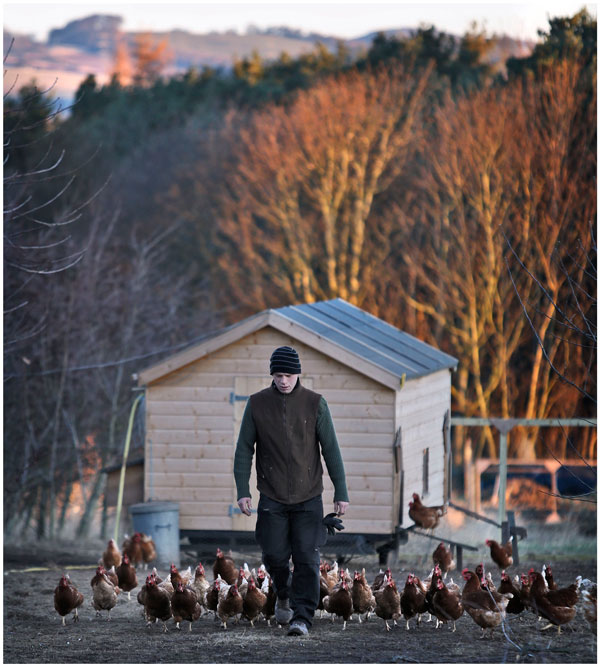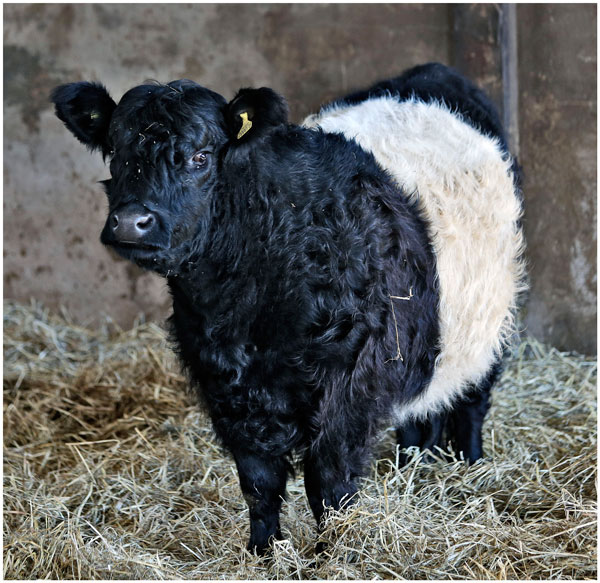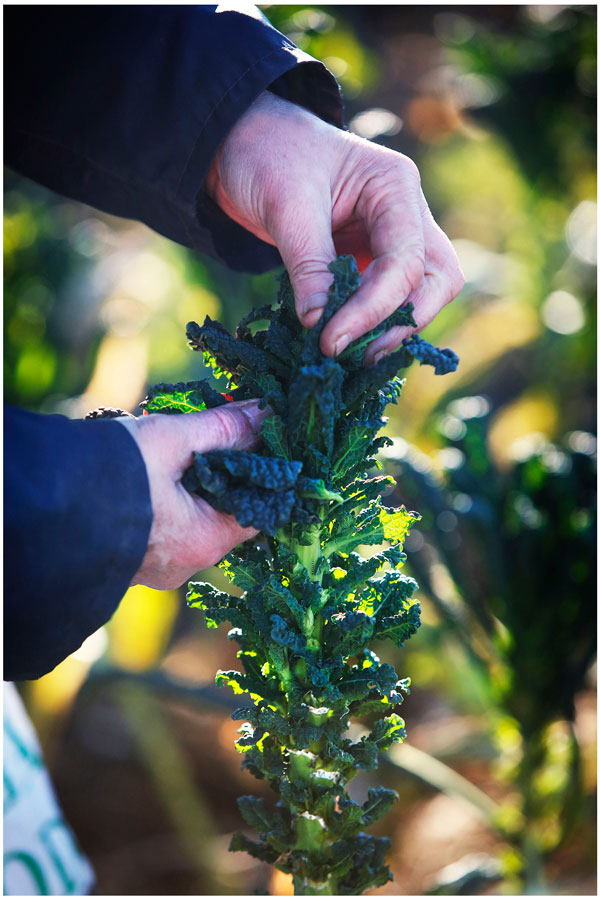
Tim Bevan, at the Soil Association talks about why going organic could be a viable business plan.
What’s the latest on the organic market?
Sales of organic food are on the up – the Soil Association’s 2015 Organic Market report published in March showed sales of organic products increased by 4% in 2014. This is remarkable growth in a year when food prices fell by 1.9%, and consumer food spending by 1.1%. The report also showed that Soil Association symbol holders reported sales growth of 7.7%, evidence of the level of consumer recognition of the UK’s leading organic certification body.
The opportunity is clear, especially for farms supplying to independent stores, online retailers and box schemes which have benefited from the strongest increase in sales of 8.7% for independents and 11.7% for online/box schemes.

This growth in the market is supported by the publication of a major study in 2014, shattering the myth that farming methods don’t affect the quality of our food. Research from Newcastle University, published in the British Journal of Nutrition, found significant differences between organic and non-organic food. The findings were clear that organic crops such as fruit, vegetables, cereals, and crop-based foods are up to 60% higher in a number of key antioxidants than non-organic crops.
How do the figures stack up?
There are plenty of signs that confidence in organic farming is returning and opportunities for organic farmers are increasing. With the prospect of more generous than expected CAP payments in England, Scotland and Wales – coupled with a second consecutive year of market growth now confirmed by the market report – expansion into organic production could look like a smart move for farmers.

Organic farming provides practical solutions to help improve efficiency and keep costs down. Findings from research carried out by the University of California, Berkeley, published in 2014, revealed a closing yield gap between organic and non-organic systems. The study compared organic and conventional yields and looked at a new meta-dataset three times larger than previously used (115 studies containing more than 1000 observations). The findings revealed that the yield gap between organic and non-organic systems was lower than expected with the research highlighting the profitability of farming organically. More research into agro-ecological techniques may find the yield gap reduces even further; with methods like inter-cropping and cover-cropping helping farms to become more ecologically diverse and benefit from more healthy soils.
UK Farm Business Survey data, analysed by the Organic Research Centre and the Soil Association, shows the financial performance (Farm Business Income) of organic farms on average outstripped that of comparable non-organic farms between 2006 and 2013. Additionally, the data shows an average annual advantage in this period of £26/ha to £82/ha for organic farmers over their non-organic counterparts. Organic farms will also automatically qualify for the 30% greening element of the Basic Payment Scheme. Together with the Organic Maintenance and Conversion options (in the new Countryside Stewardship Scheme), being organic will, for example, be worth around £120 per hectare on arable land in England.
How do I grow my business?
Before embarking on any particular farming system, it’s important to weigh up the pros and cons so you can make an informed choice about which approach to take. But there are plenty of benefits of choosing to go organic.
In a low-input organic system your costs are reduced as is your exposure to input price volatility. By selling certified organic, you give consumers assurance about where their products come from, whilst generally receiving a price premium for what you produce.
If you choose to convert and certify with the Soil Association, you’ll be joining an organisation which certifies over 70% of the UK’s growing organic market. You will have access to information and updates on the market, advice on organic farming techniques and the latest research. We can offer you exclusive opportunities to develop your supply chain and reach new markets through our supplier schemes, events and partners.
With a dedicated and experienced certification officer and access to our farming support team, you’ll benefit from a truly personal service – we work closely with you as your business grows. We’ll be on hand with practical solutions, such as combined inspections, to help improve efficiency and keep costs down. Unrivalled business support offers you exclusive marketing materials, press coverage and public engagement through campaigns such as Organic September. And we will get your voice heard as we campaign for farmers on national and EU policy.
There’s never been a better time to go organic and sell organic, so perhaps it’s time to take another look at the reasons why it makes good business sense.
To find out more about certifying with us, contact our Go Organic team today on 0117 914 2406, email us on goorganic@soilassociation.org or visit http://www.sacert.org/organicfarming.
